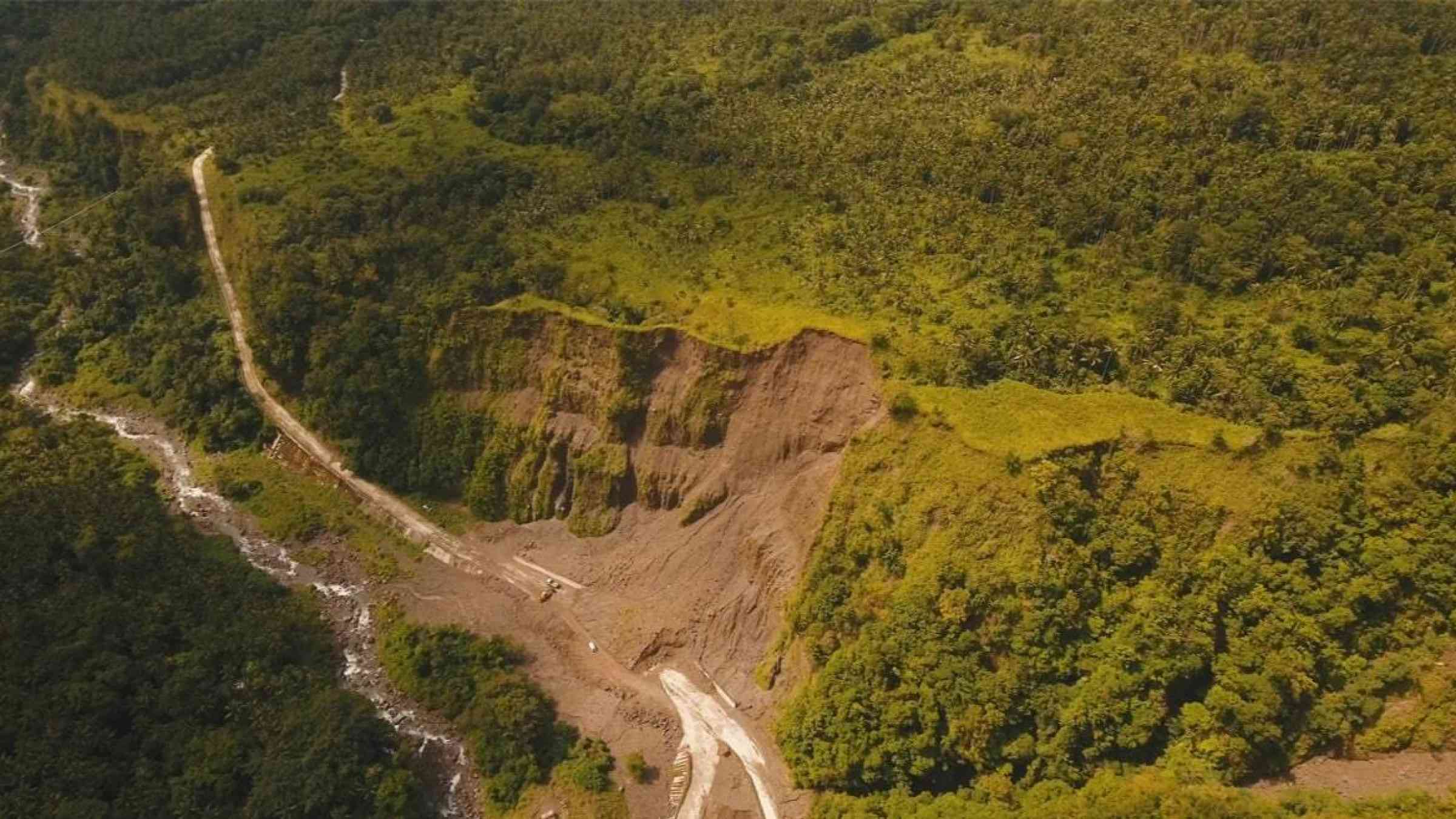Resilient and Sustainable Communities and Climate Action through Digital Solutions

The Philippines is one of the most vulnerable countries to climate risk disasters, maintaining the highest rank in succession according to the INFORM Index (category natural hazards). Common floods, droughts, typhoons, landslides, earthquakes and volcano eruptions pose great risk to the lives and livelihood of the Filipino population, especially in the agricultural sector which employs more than 25 % of the country’s labour force. Major crops cultivated by cooperatives and farmer-members are rice, maize, coffee, cacao and other high value and staple crops. The farmers, and especially the smallholder ones, remain vulnerable as the agricultural sector lacks scientific crop advisories in order to achieve sustainability and greater ability to invest in techniques supporting a resilient development.
In order to contribute to the objective of increasing the smallholder farmers’ resilience, the InsuResilience Solutions Fund (ISF), managed by Frankfurt School of Finance & Management (FS), and financed by KfW Development Bank on behalf of the German Government (BMZ), signed a grant agreement with CLIMBS Life and General Insurance Cooperative (CLIMBS), acting as project lead and risk taker, The Alliance of Biodiversity International and the International Center for Tropical Agriculture (CIAT), providing analysis of climate and yield data and farmers’ risk exposure, and the InsurTech IBISA Network S.A. (IBISA), responsible for the product design and pricing. Based on the agreement, ISF will co-fund the refinement of existing structures, extend the existing excess rain and wind speed insurance products to new provinces as well as the development and pricing of a new index-based insurance product for drought. Furthermore, sales and marketing activities, and risk and impact assessments are included.
The Philippine Crop Insurance Corporation (PCIC) is mandated with the national agricultural insurance scheme and offers, amongst others, multi-peril crop insurance (MPCI) products for most crops cultivated in the Philippines. PCIC is responsible to prioritise offering insurance to smallholder farmers registered under the Registry System for Basic Sectors in Agriculture (RSBSA, Registry for Poor Farmers) who receive 100% in subsidies, while larger self-insuring farmers have access to 55% subsidy. PCIC’s annual reports show an upward trend in farmers’ subscription to crop insurance, however the programme is highly dependent on government subsidies which increases year after year resulting in the programme needing external assistance or partnering. To tackle this issue, the Government appeals to the private insurance sector to enter the market in order to reduce the financial burden.
With this project, the Project Partners aim to answer the Government’s call and support the development of the national insurance market, leveraging CLIMBS extensive network of more than 4,000 cooperatives. The weather index-based product developed by the Project Partners providing coverage against excessive rainfall insures the cooperatives’ loan portfolio. Additionally, a drought product will be developed and launched to cover farmers indirectly. Cooperatives will act as the policyholders and pay the premium on behalf of their members, introducing and promoting the insurance products to the farmers. In case of a weather event triggering the index, the cooperatives are responsible for the distribution of payouts. Climate insurance is embedded in a wider climate risk management system including other decision support tools and instruments such as crop suitability and flood risk maps and crop advisory (e.g. use of stress-tolerant varieties, intercropping and use of organic fertilisers). Based on the knowledge gained from the pilot project, the Project Partners aim to develop a decision-making tool for cooperatives to facilitate the distribution of compensation to farmers by taking into account which members are or have been most affected by the insured event. With regard to the target region, up to 60 provinces of the Philippines will be targeted, starting with Misamis Oriental, Bukidnon, Misamis Occidental, Leyte, Negros Occidental, Eastern Samar, Biliran, Palawan, Samar, Northern Samar, Cebu, Aklan, Southern Leyte , Agusan del Norte, and Bohol.